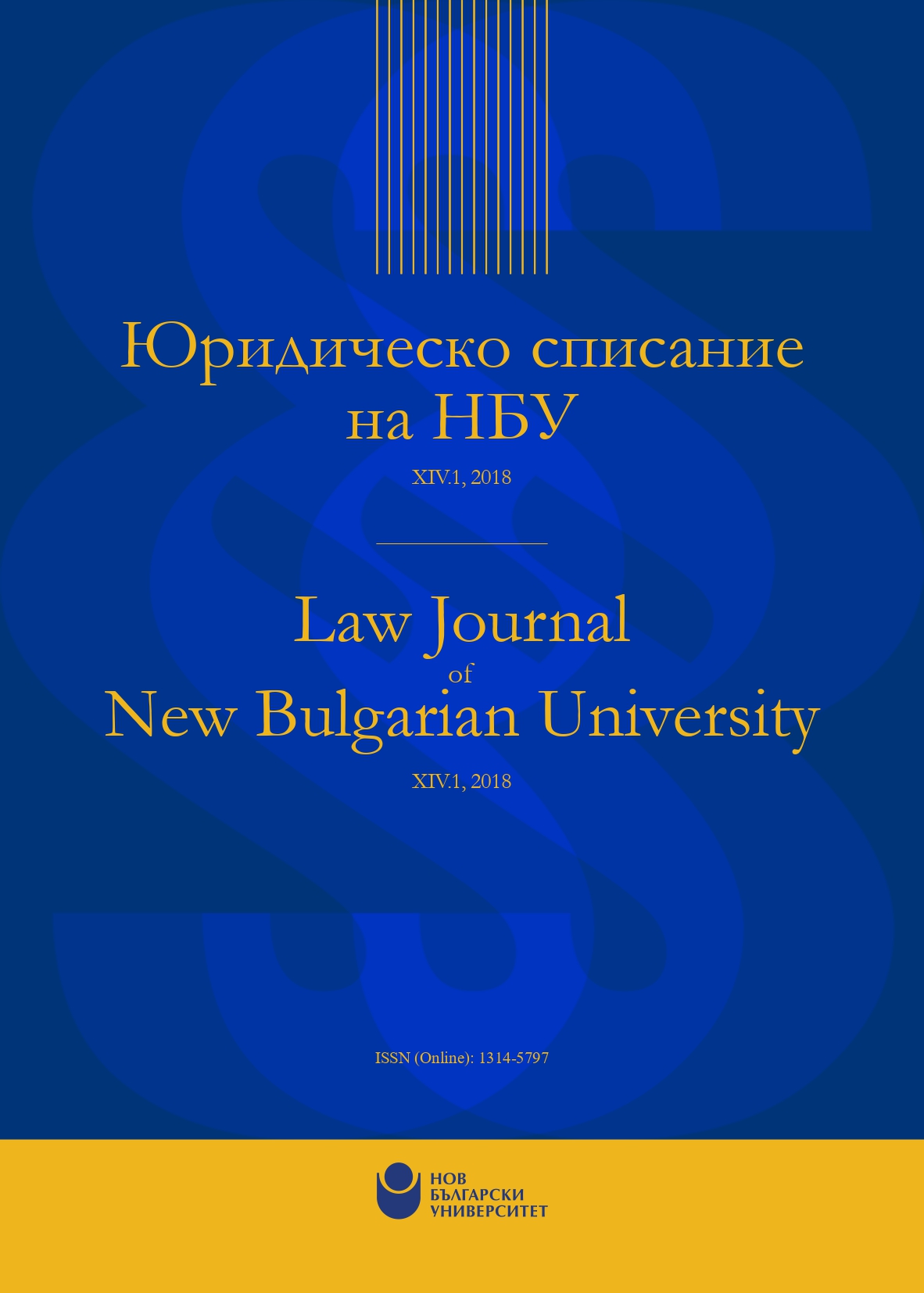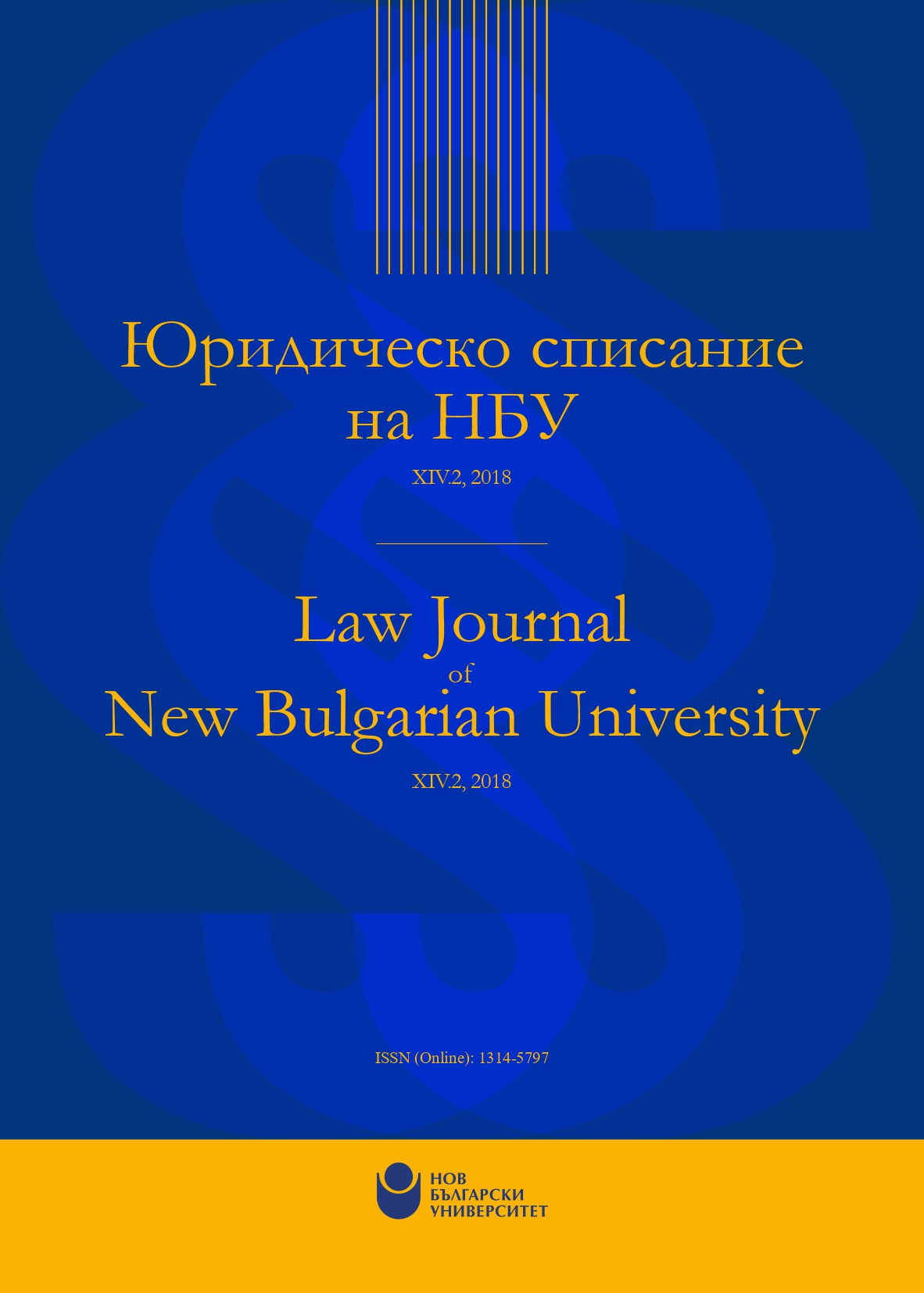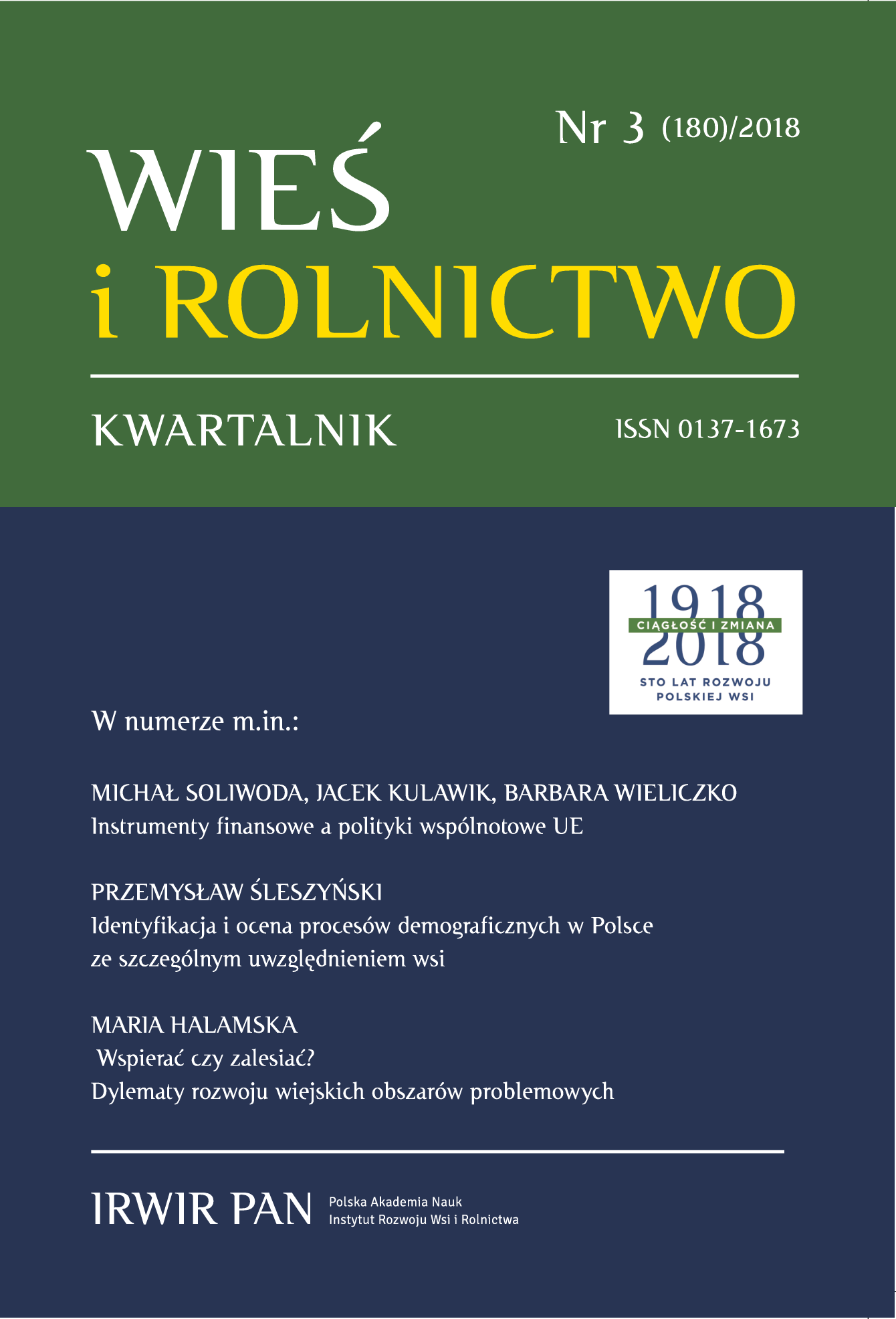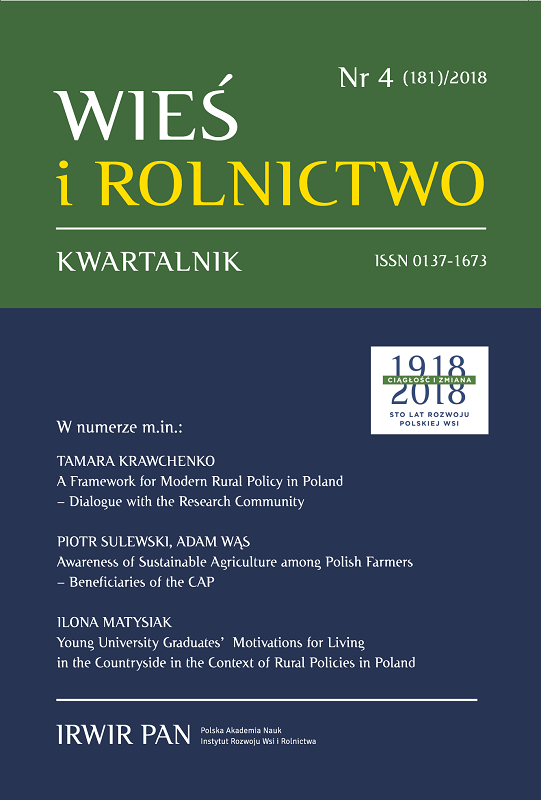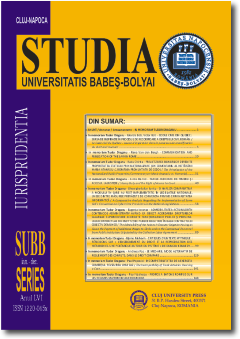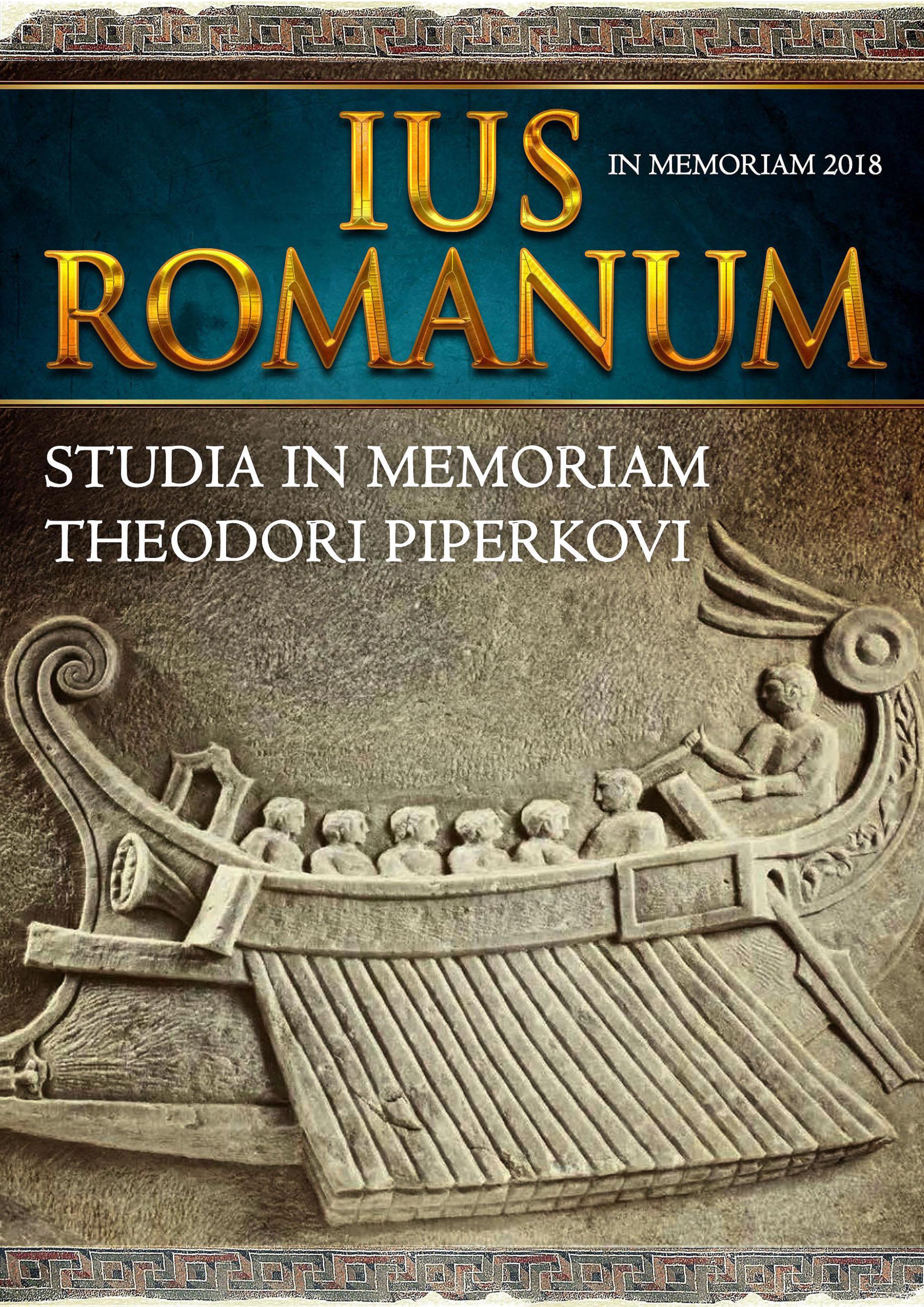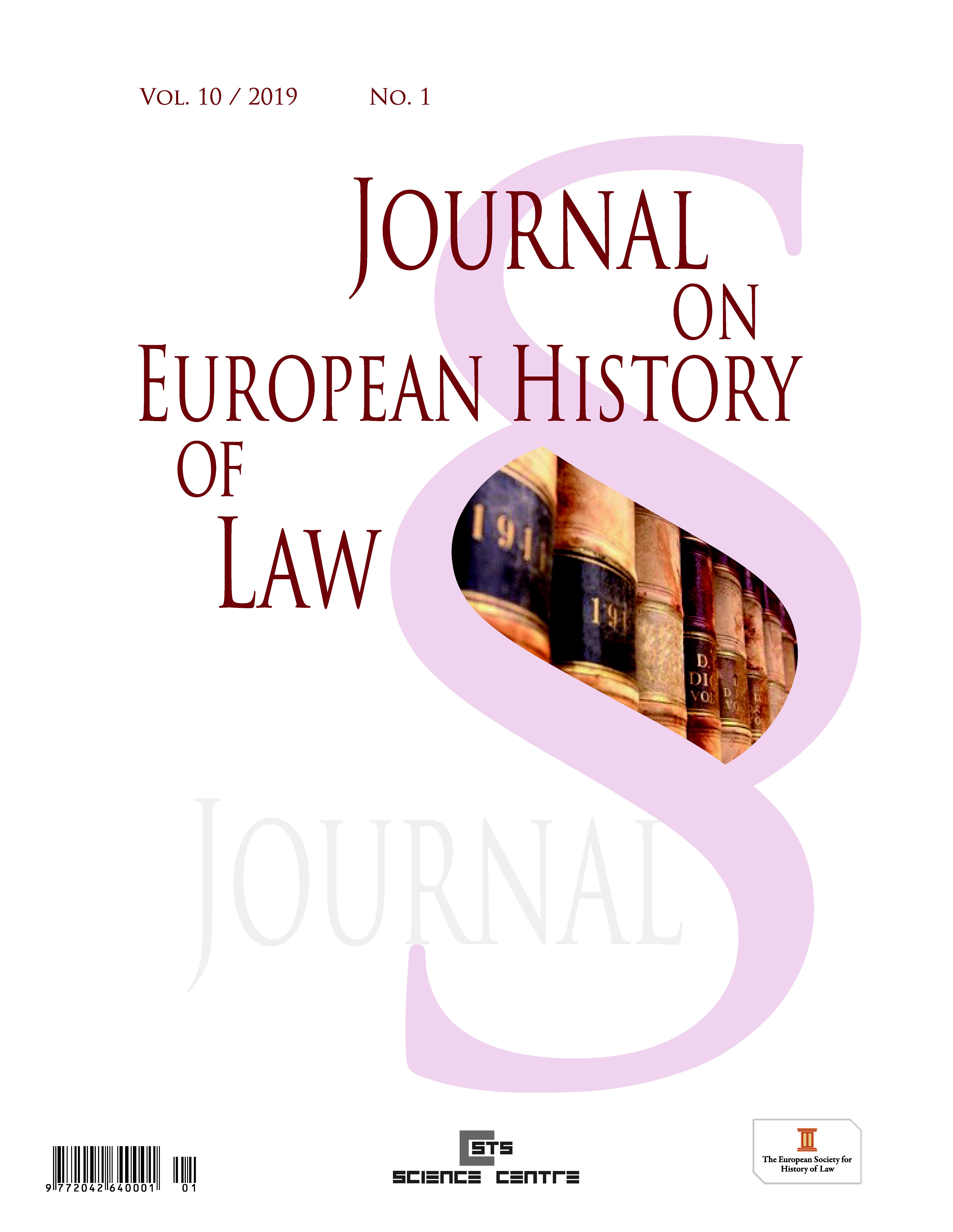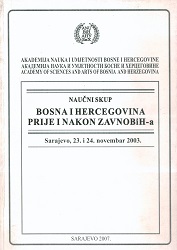
Fridrich II Celjski kao pretendent na bosansko prijestolje
U svom prilogu autor govori o historijskim, rodbinskim i pravnim odnosima i okolnostima nasljednog prava na temelju kojih se je grof Frederik Celjski javio kao pretendent na bosansko prijestolje. On je svoja prava temeljio na činjenici da je kćer Stjepana II Kotromanića Katarina bila udata za njegovog bliskog rođaka grofa Hermana Celjskog.
More...
